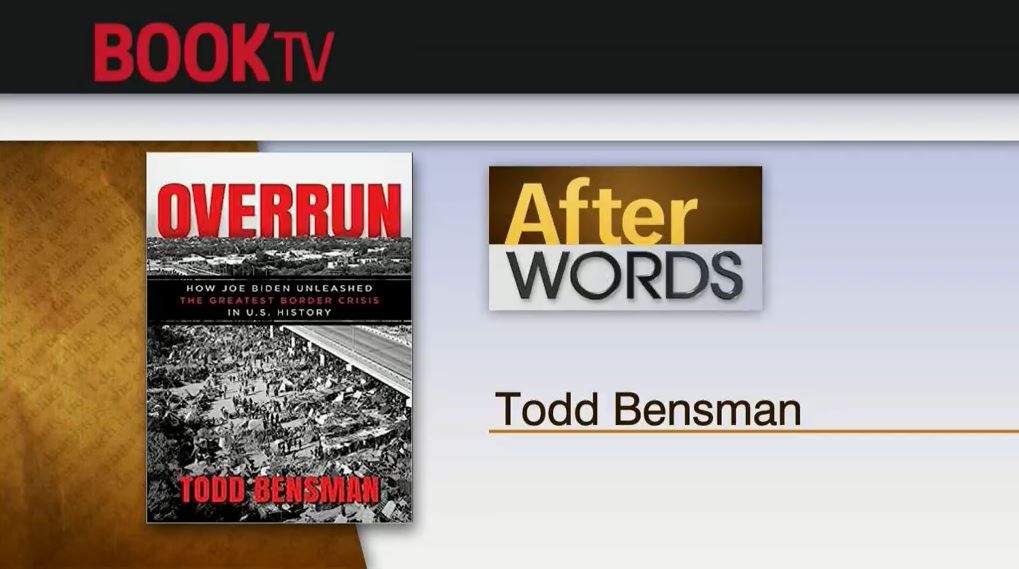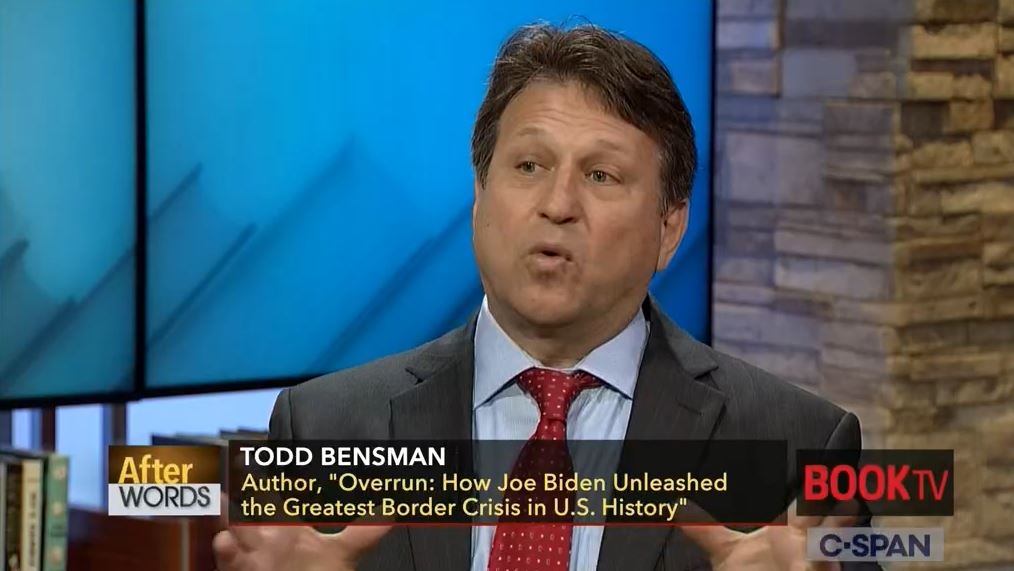
Watch the hour-long February 22, 2023 segment
Excerpt:
WHY THE IMMIGRANTS SAY THEY COME
Jennie Taer: Tell me about some of the conversations you’ve had with some of these migrants as they’ve been making their journey. You’ve been down in Central America. You’ve been south of the border. And then the conversations you’ve had with them after they’ve crossed.
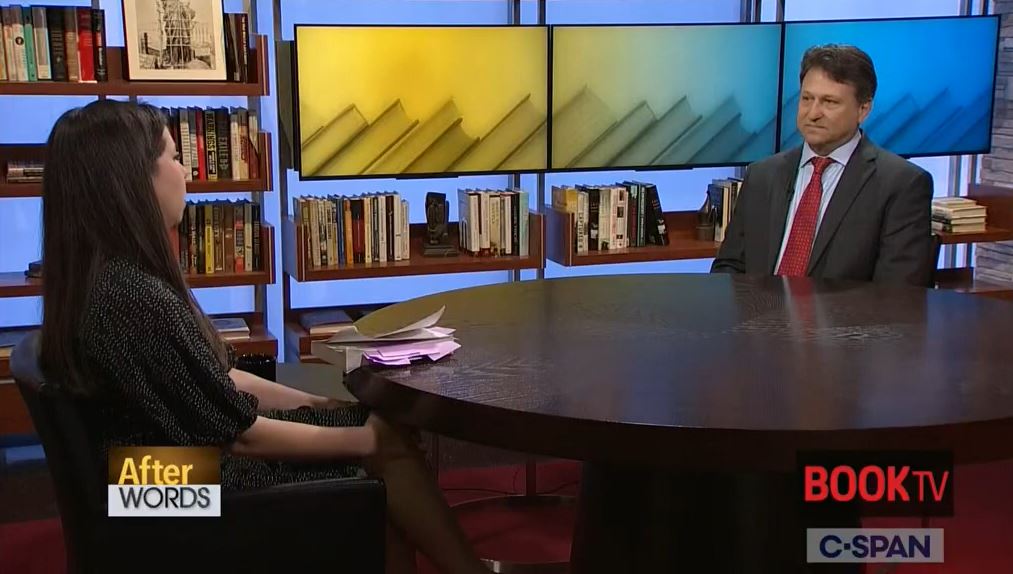
Bensman: Right. You know I’ve spent a lot of the last two years in the field, every chance I could get away, for a week, or ten days or just a few days or whatever. I went as far south as Costa Rica, Nicaragua and all through Mexico and Guatemala. I had an opportunity to cut the border from Tijuana on the Pacific Coast to all the way to the Gulf of Mexico. And the idea is, just the journalist in me, is to ask ‘what are they saying? Why are they coming? Because there seems to be debate about this, about why they’re coming. Like, uh, smugglers are tricking them into coming with disinformation, for example. Or, we have a broken system… Trump broke the system…they’re coming because Trump broke the system. And there’s these root causes…maybe there was some kind of hurricane last year, or whatever….poverty in Haiti.
But when you talk to the immigrants and really dig in about their decision-making, and what I learned was that none of them want to lay down their money for smuggling unless they know at a high percentage level that they will get a return on that investment. Because they have to borrow this money. A lot of them don’t have $10,000 or $20,000. They raise it from family members in the U.S. who wire it to them. They raise it from the village. They have to pay it back, with interest… Sometimes they borrow it from the cartels and they’re in trouble if they end up back and they can’t pay it. So they saw these policies, and it spreads on their apps… They let me inside their apps…WhatsApp… Signal… They use them all. And the people upstream communicate instantly with the people downstream: ‘We’re In! They’re letting us in! We’re on the bus!’ Selfies, you know, ‘Look at me on the bus! Here I am in New York, with my paper that they’re giving me!’ And so that is the calculation for families. Like your family and my family, we would all make a calculation like that. So the odds were extremely high that they were going to get in, that they were guaranteed to get in.”
BENSMAN’S JEWISH GREAT-GRANDPARENT IMMIGRANTS: THE DIFFERENCES BETWEEN THEM AND FAKE ASYLUM SEEKERS
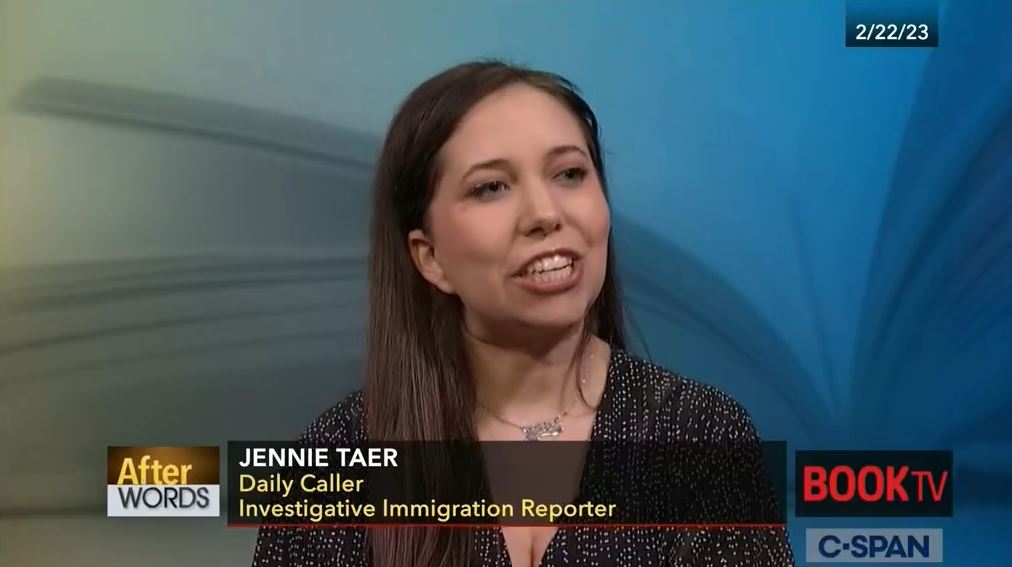
Jennie Taer: You talk about how Democrats have seized on this narrative, especially from your upbringing. You’re Jewish. Your “Bubbe” fled Europe due to persecution, and this is kind of the narrative we’re hearing, that these people are fleeing persecution just like past generations, just like Bubbe did. Tell me why that’s not the case.
Bensman: I think the common narrative that comes from that far-left fringe precinct that I’m talking about is widely accepted. It’s gotten a lot of traction, a lot of purchase in the United States, which is that, ‘well, we have to let them in because they are fleeing definite death. They are going to die. If we turn them back, they are going to die.’ And, having spent time in their countries and time speaking with them, it’s just simply not true. It’s just not true. Some of them have had problems, you know like people who live in South Chicago, but people who live in South Chicago are not moving to Europe now. You know, there are other places to go. And if you’re crossing 10 different countries to get away from whatever the problem was, you’re not for real. My great-grandparents came from the Pale of Settlement, and they were under constant attack, by Cossacks who were constantly raiding and burning and pillaging and murdering Jews in their villages, in these pogroms that went on and on endlessly. And nobody would take them. They had, literally, nowhere else to go. And they were able to secure permission to board ships and show up at Ellis Island and a few other places. They were subject to deportation back in the early teens…but they were permitted to enter legally into the United States.
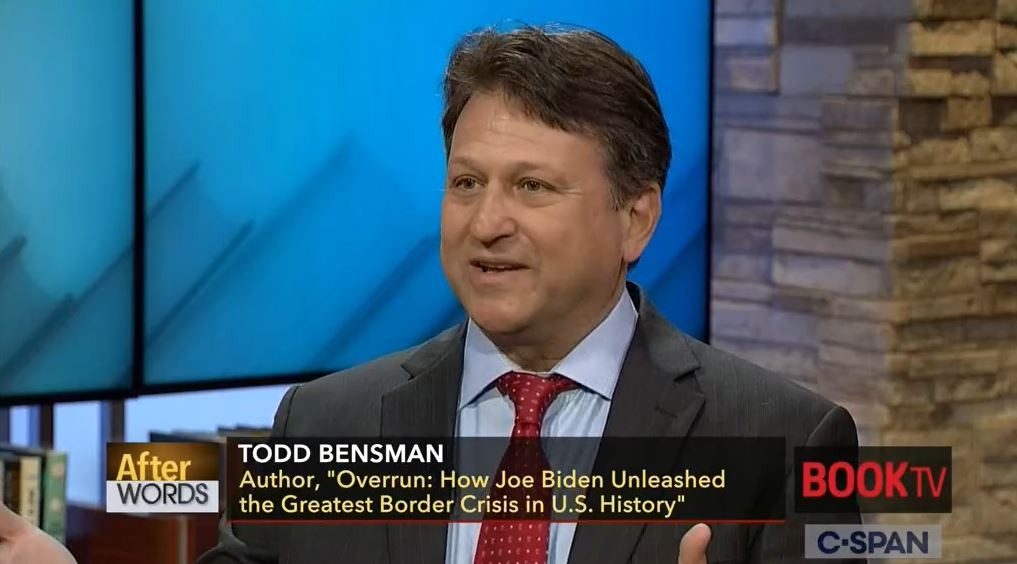
They were for real. We have great documentation about those people. We have great documentation about Vietnamese boat people, what they were leaving: communist reeducation camps in South Vietnam.
These are not gulags and Nazis and Cossacks in Honduras. They are different than my Bubbe because they had a bad crop or were tired of living in dirt hut. But our asylum laws were not built for those people, unfortunately. I mean, we can sympathize with people being poor and wanting a better life. But there’s a legal pathway. You can’t just cross the border illegally and be allowed into this country. It’s not up to you. It’s up to the people that live here. Just like it was in the time of my great grandparents, it was up to us to grant them legal entry and they came. I don’t think they were the type of people who would have just broken in, no matter how bad it was.
A DEATH THREAT
Jennie Taer: Journalists, researchers like yourself, you have to take risks in telling these stories. You’ve had some interesting encounters while documenting this, and one in particular, in Costa Rica. Could you detail that for us.
Bensman: Yeah, there is… Yeah. I try to reduce risk, uh you know… you’re in cartel territory. You know… if you follow the rules and you’re careful, you’re going to be good, you know, and you don’t spend too much time asking the wrong questions in the wrong places, that sort of thing. Just be smart. But there is risk, as you know since you go down there. There are things that can happen. I went, in the summer of 2022, to a part of the international trail that comes out of the Darien Gap and then moves through Costa Rica in the northern part at the border with Nicaragua.
That is a very underreported area. The smugglers who work there work out in the open. You can go talk to them and film and watch what they’re doing. And the immigrants are coming off buses and being picked up by these smugglers and brought to the Nicaraguan border. A town called Los Chiles is where I found that happening. And I was there for probably about a week working with the smugglers and getting to know them and interviewing them. I eventually started to hear about a scenario where they deliver immigrants to Nicaraguan soldiers who have been corrupted. And one of the smugglers, a guy named Felix, I happen to persuade to let me follow him and his loads up to the border to deliver them to the soldiers. And he, himself, was a deserter from the Nicaraguan army, and he knew guys. So that’s how he had his business. So they apparently approved it.
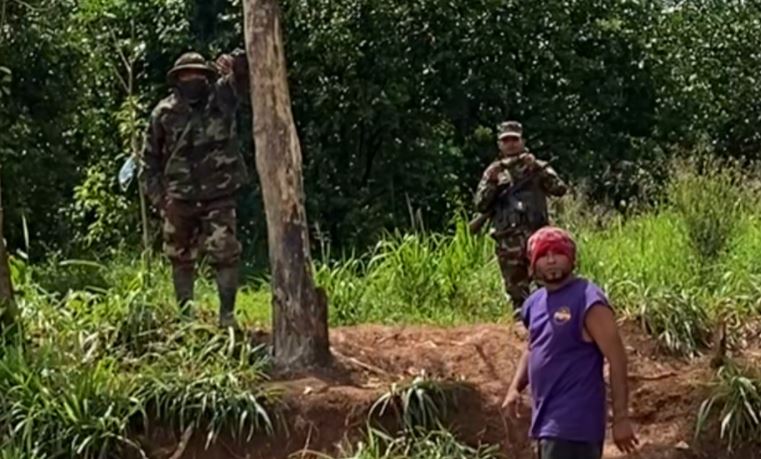
He took the load. We drove in. But unbeknownst to me, the other smugglers, when they got wind that he was taking us in, warned him not to take us in. They threatened him and he didn’t tell us this. He didn’t tell me this. I had a translator with me who actually made his living in executive protection. That’s not why I hired him. But it turned out to be useful a little bit later. We followed this load of Haitians to the border, and the Nicaraguan soldiers came out of the jungle on a motor bike. I describe this. We kind of watched the handoff and, on the way back we were accosted by a group of smugglers that didn’t want us to go up there. And there was an exchange. There were threats, explicit threats made, in Spanish. They were translated, and my executive protection guy and my smuggler guy, who I had in the back of the car, said ‘this is for real. You gotta get out of here. And so there was a flight. I’ll just say that. We fled. We had to flee. Right away. So there were things like that, a kind of white-knuckled thing that happened. There were some other things that happened. But you know, it’s all part of … the game, you know.
